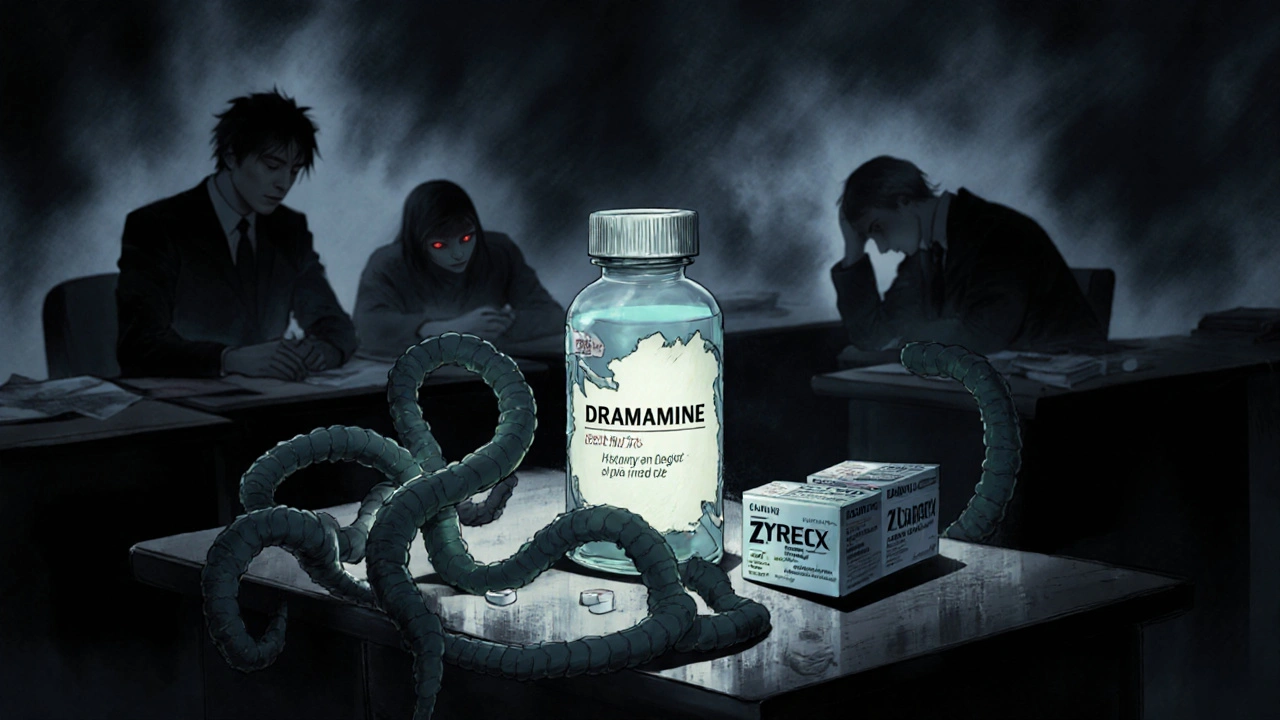Drowsiness: Causes, Medications, and What You Can Do
When you feel unusually sleepy during the day, it’s rarely just "being tired." More often, it’s a side effect of something you’re taking. drowsiness, a state of reduced alertness and increased sleepiness that can interfere with daily tasks. Also known as sedation, it’s one of the most common reasons people stop taking their meds. It’s not always harmless—drowsiness can slow your reaction time, blur your focus, or even make driving dangerous.
Many of the drugs linked to drowsiness fall into a few key categories. sleep aids, medications designed to help you fall or stay asleep. Also known as sedatives, they’re built to make you drowsy—like doxylamine or diphenhydramine. Then there are antidepressants, drugs used to treat depression that often cause sedation as a side effect. Also known as SSRIs and tricyclics, they affect brain chemicals that control mood and wakefulness. Celexa and Amitriptyline, for example, are known to make people feel sluggish. And don’t forget antihistamines, allergy drugs that block histamine but also cross into the brain and cause sleepiness. Also known as first-generation antihistamines, they’re in many OTC cold and sleep products. Even some blood pressure pills and pain relievers can add to the fog.
What’s tricky is that drowsiness doesn’t always show up right away. Sometimes it builds over days or weeks. You might think you’re just getting older or stressed, but it could be your meds. The good news? You’re not stuck with it. Switching to a less sedating option, adjusting the time you take your pill, or even changing your sleep schedule can help. Many people don’t realize they have choices—like switching from doxylamine to melatonin, or from Amitriptyline to a newer antidepressant that’s less likely to knock you out.
Below, you’ll find detailed comparisons of the most common drugs linked to drowsiness—what works, what doesn’t, and what alternatives actually keep you alert. Whether you’re on a sleep aid, an antidepressant, or just trying to figure out why you’re always tired, these guides give you real, practical info—not just theory.
Dimenhydrinate and Allergies: What You Need to Know
Dimenhydrinate can ease allergy symptoms but causes drowsiness and isn't meant for daily use. Better, non-sedating antihistamines like loratadine and cetirizine are safer and more effective for long-term allergy relief.
read more